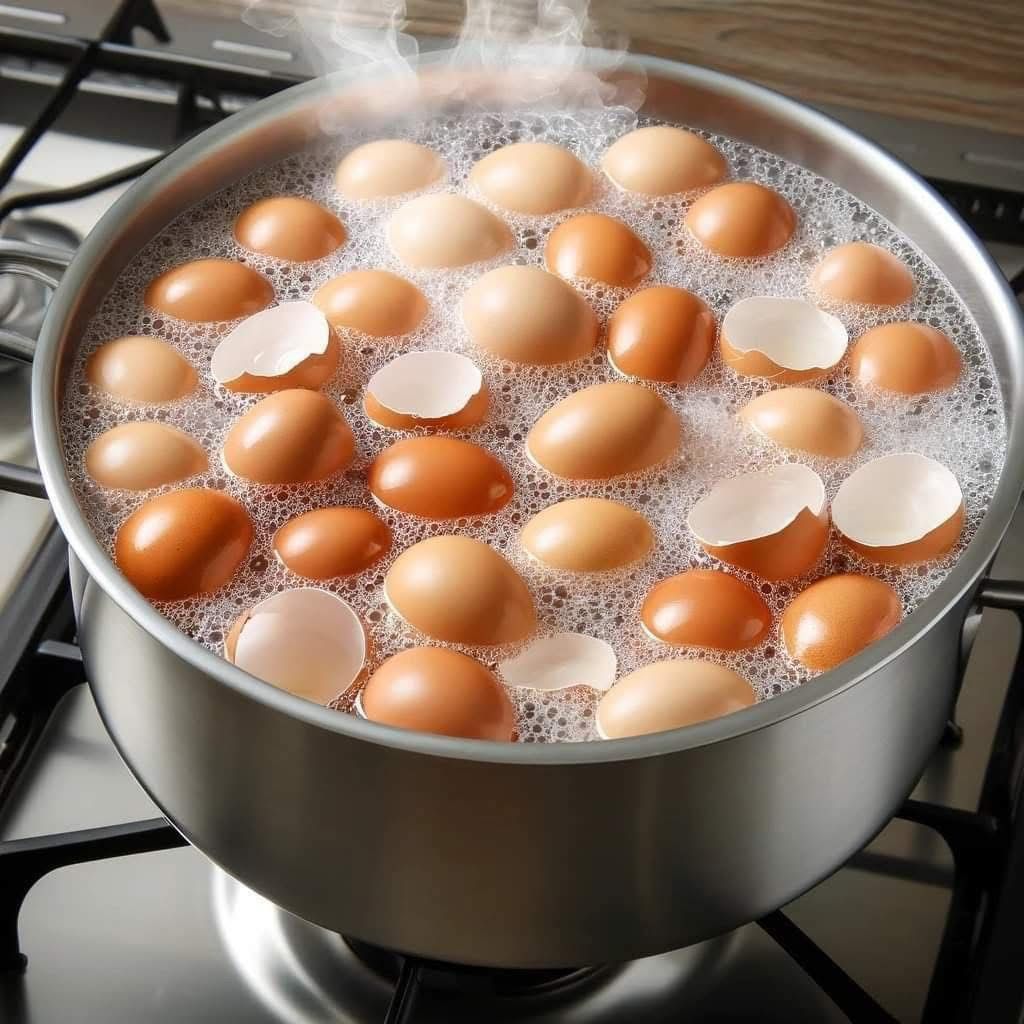The Art and Science of Boiling Eggs A Deep Dive

Introduction
Boiled eggs are one of the simplest yet most versatile staples found in kitchens worldwide. From breakfast tables to picnic baskets, salad bowls to gourmet dishes, the humble boiled egg is a symbol of nutrition, tradition, and culinary creativity. But boiling eggs is not just about dropping them into hot water — it’s an art and a science that, when done right, delivers perfectly cooked eggs every time.
A Brief History of Boiled Eggs
Eggs have been part of the human diet for millennia. Archaeological evidence shows that ancient civilizations — from Egyptians to Romans — domesticated fowl for a steady supply of eggs. Boiling eggs likely evolved as an early cooking method because it required minimal tools and transformed raw, perishable eggs into a safer, longer-lasting food source.
Across cultures, boiled eggs have ceremonial, religious, and cultural significance. They appear in traditional Passover seders, Easter feasts, and Asian New Year celebrations, symbolizing rebirth, prosperity, and new beginnings.
Why Do We Boil Eggs?
Boiling is one of the healthiest cooking methods because it doesn’t require oil or butter. A boiled egg retains its nutritional value — protein, healthy fats, vitamins (like B12 and D), and essential minerals — without added calories.
Moreover, boiling eggs makes them portable and easy to store. Hard-boiled eggs can last about a week in the refrigerator, making them a convenient snack or salad topping.
Ingredients
- Fresh eggs (as many as needed)
- Water
- Optional: salt or vinegar (to help with peeling)
How to Boil Eggs Properly
- Select Fresh Eggs: Slightly older eggs peel more easily. Fresh eggs are perfect for poaching or frying; older ones are ideal for boiling.
- Place Eggs in a Pot: Arrange eggs in a single layer in a saucepan. Fill with cold water until the eggs are submerged by about an inch.
- Add Salt or Vinegar (Optional): This can help prevent the shells from cracking and make peeling easier.
- Bring to a Boil: Place the pot on medium-high heat and bring the water to a rolling boil.
- Time It Right:
- Soft-Boiled: 4-6 minutes (runny yolk)
- Medium-Boiled: 7-9 minutes (slightly creamy yolk)
- Hard-Boiled: 10-12 minutes (firm yolk)
- Cool Down Quickly: Once cooked, immediately transfer eggs to a bowl of ice water. This stops cooking and makes peeling easier.
- Peel and Enjoy: Gently crack the shell and peel under running water if needed.
Common Mistakes to Avoid
- Overcooking: This results in a greenish ring around the yolk and a rubbery texture.
- Cracked Shells: Starting with cold water and adding eggs gently reduces cracking.
- Difficult Peeling: Using slightly older eggs and an ice bath helps.
Health Benefits of Boiled Eggs
- High Protein: One egg has about 6 grams of high-quality protein.
- Rich in Nutrients: Eggs contain choline (good for the brain) and antioxidants like lutein and zeaxanthin (good for the eyes).
- Weight Management: Eggs can keep you fuller longer, supporting weight loss.
- Affordable Superfood: Eggs provide great nutrition at a low cost.
Creative Ways to Use Boiled Eggs
- Breakfast: Slice on toast or with avocado.
- Salads: Classic Cobb or Niçoise.
- Snacks: Deviled eggs or spiced tea eggs.
- Lunchboxes: Simple protein boost.
- Garnish: Ramen or rice dishes.
Fun Fact: How Many Eggs Can You Boil at Once?
The image shows a pot packed with eggs — an efficient way to prepare for large gatherings or meal prep. Just ensure the eggs have enough room to cook evenly and avoid crowding so they don’t crack.
Nutritional Information (Per Large Hard-Boiled Egg)
- Calories: 70-80 kcal
- Protein: 6-7g
- Fat: 5g
- Carbohydrates: <1g
- Cholesterol: ~186 mg
Formation of a Perfect Boiled Egg
The transformation from raw to cooked involves the coagulation of proteins. Heating denatures proteins in the egg white (albumen) and yolk, turning them from liquid to solid. The balance of time and temperature is crucial to achieve the desired doneness.
Conclusion
Boiling eggs may seem simple, but doing it well is a skill worth mastering. Whether you’re meal prepping for the week, feeding a big family breakfast, or crafting gourmet deviled eggs, perfectly boiled eggs never go out of style.
So next time you stand over a pot of boiling eggs, remember: you’re participating in a culinary tradition that has nourished people for thousands of years.
For Egg Lovers
To the egg enthusiasts — keep experimenting! Try marinating boiled eggs, adding spices to the water, or shaping them with molds for bento boxes. The possibilities are endless, just like the humble egg’s history.